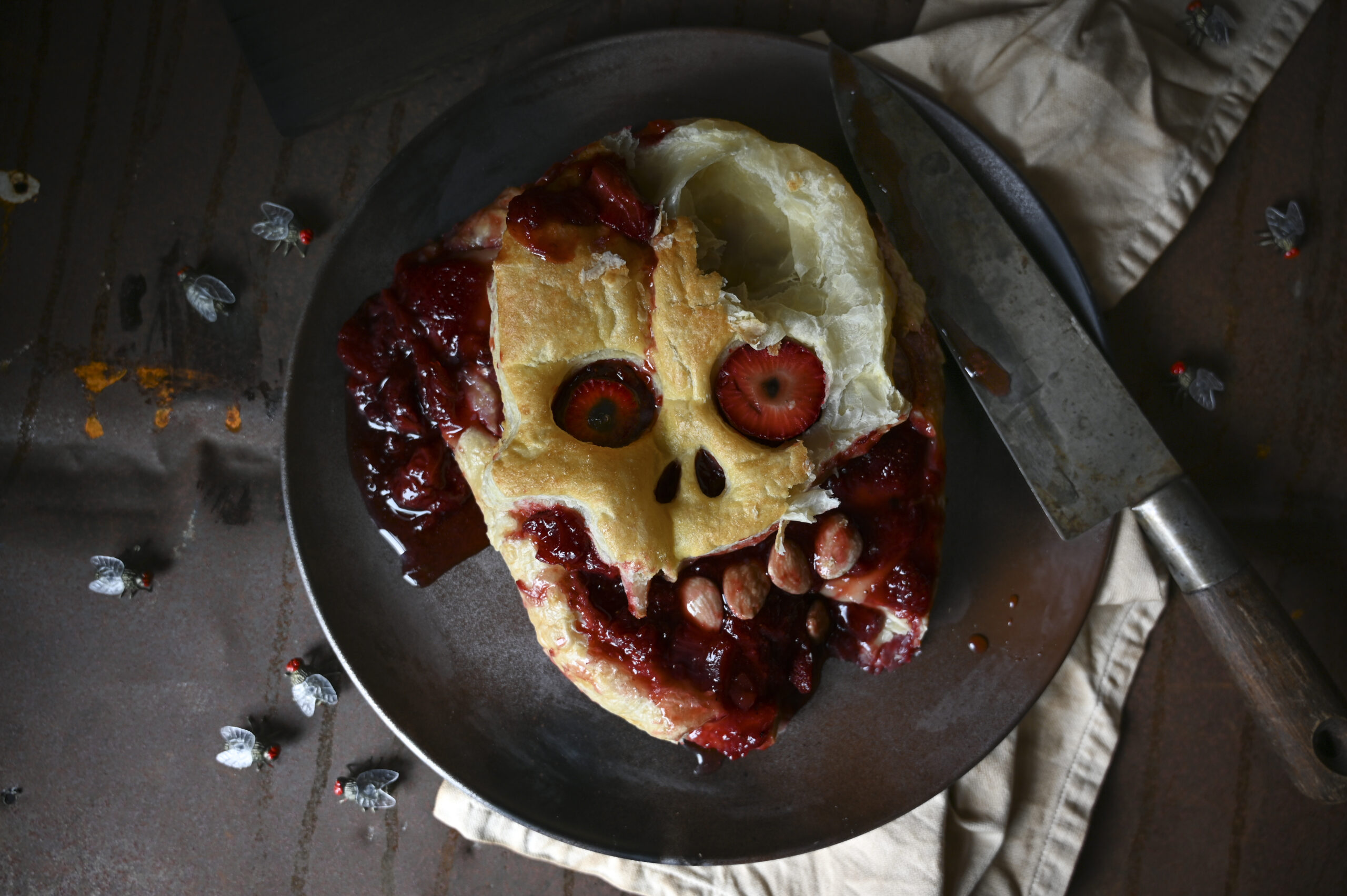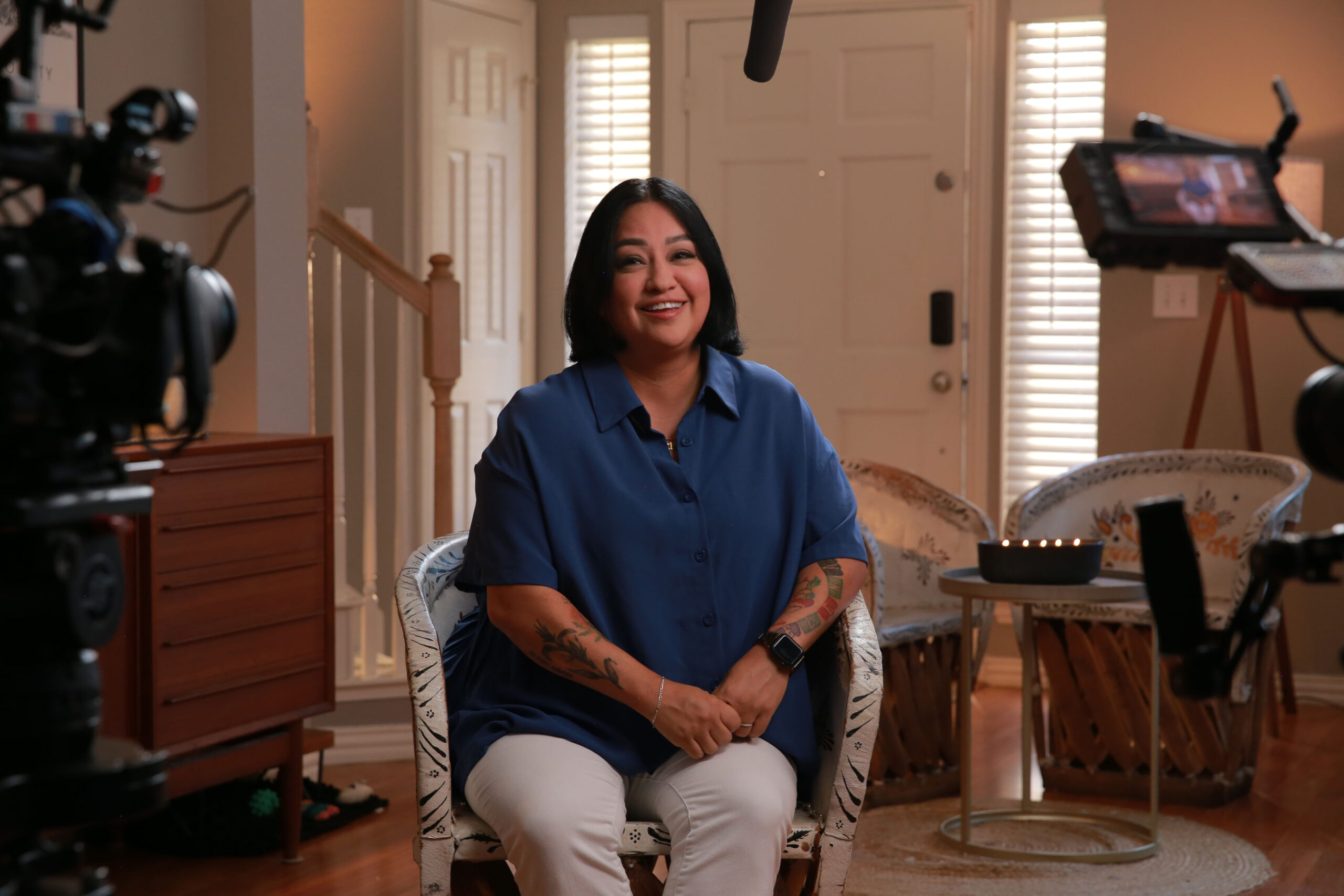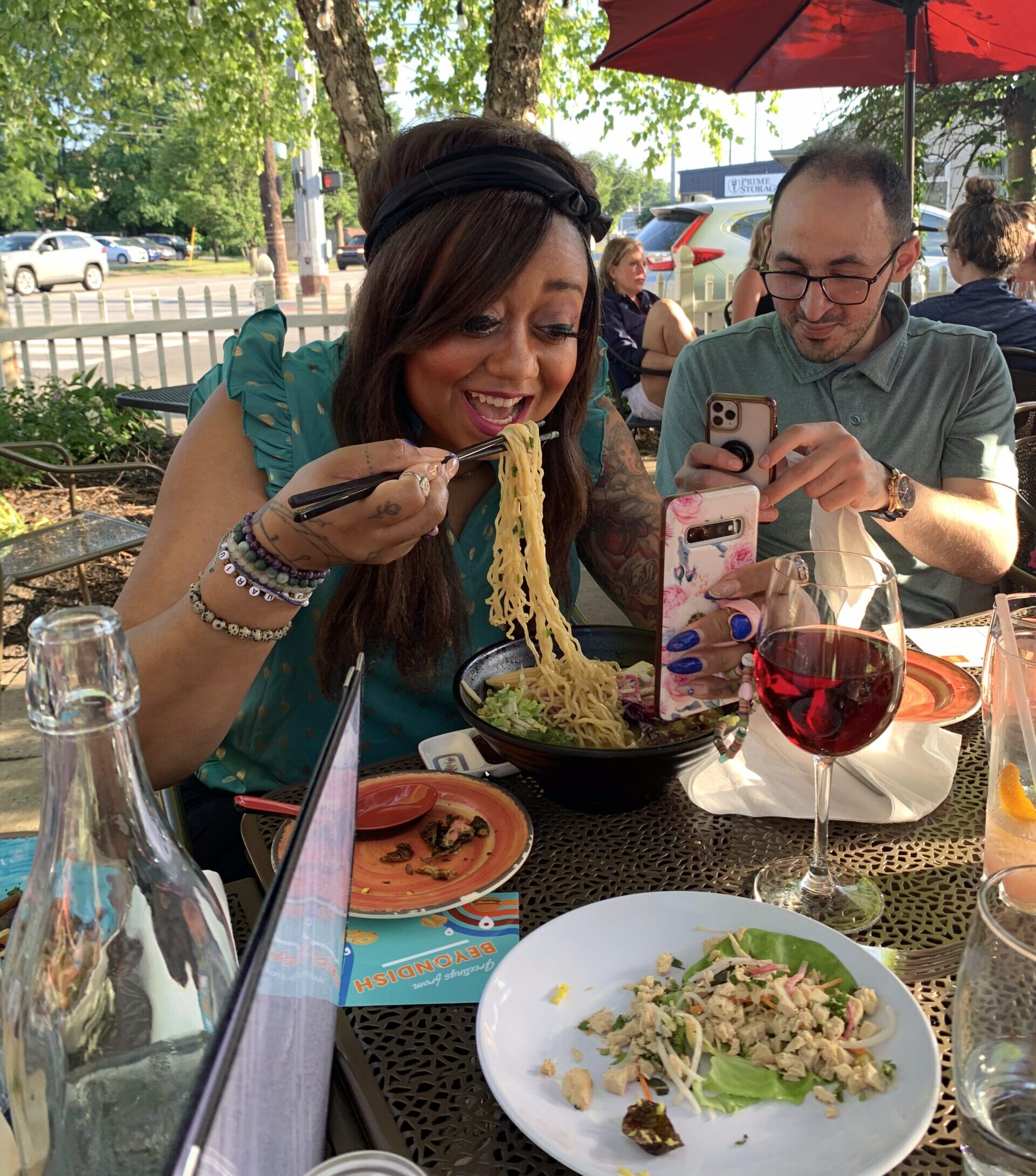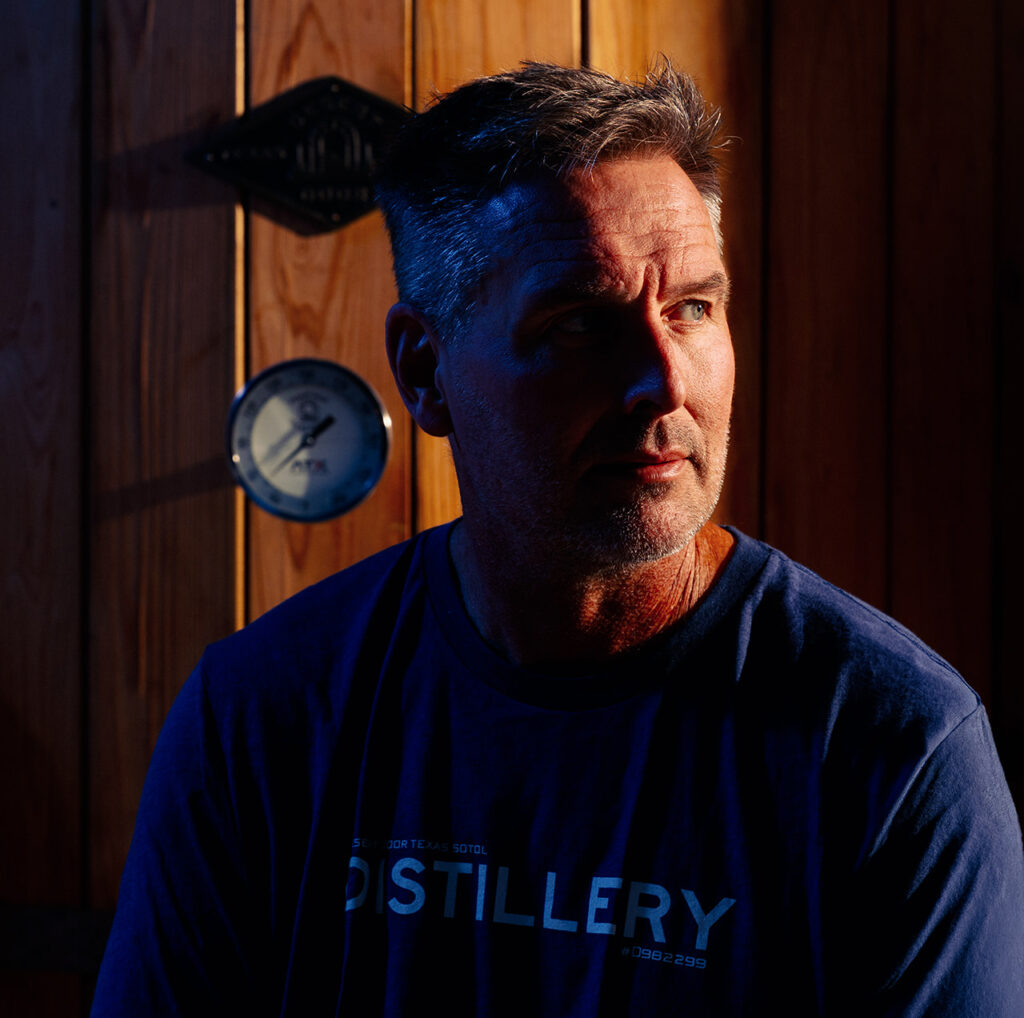
Brent Looby spent almost 21 years launching fighter jets off of aircraft carriers and flying combat missions for the U.S. Marine Corps. When he finally stepped out of the cockpit for good, he had no plan to swap jet fuel for a still. In fact, he didn’t even know what sotol was. “The short answer is I had zero institutional knowledge,” Looby says. “My background up to that point was, I was a Marine fighter pilot for almost 21 years.”
Like so many veterans stepping off the flight deck into civilian life, Looby did what he thought he was supposed to do: he went back to school. He enrolled in the MBA program at the University of Texas, hoping to “learn how to speak to the private sector” and maybe translate some of those years of discipline and leadership into a desk job. But business school didn’t hand him a new career plan. Instead, it handed him an elective called New Venture Creation.
“Business school doesn’t teach you how to either start a business or run a business. It teaches you about business,” Looby says. The course was simple: form a team, invent a company, pitch it to investors. Looby and two other veterans signed up. They needed an idea. Back then, Desert Door started as homework, nothing more. “We just wanted to get a grade, not start a business,” he says.
The idea they pitched was sotol, an ancient spirit native to the high desert of Texas and northern Mexico. “When we started doing the research, 95% of everything is manufactured in a handful of really large distilleries,” he says. “It’s in their bottle with their label, but they didn’t make it; they bought it. We felt it was inauthentic. Everything was overdone.”
They wanted to do something different. Sotol, a cousin of agave, comes from the desert spoon plant, a plant used for thousands of years for food, tools, and drink. “It’s the first alcoholic beverage consumed in this part of the world,” Looby explains. “It predates mezcal, and it certainly predates tequila.”
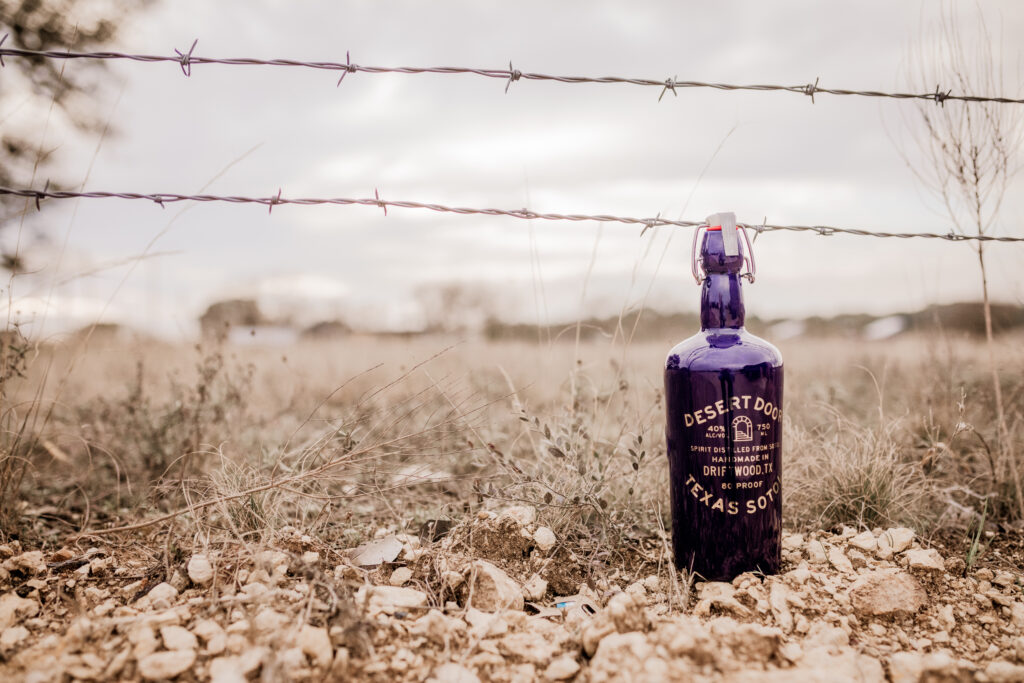
When their class project got the top grade, they were stunned. When an investor from the panel came up afterward and offered real money, that turned to floored. “We thought we were just trying to get a grade. I came back to find a job. So I gave it a go.”
Looby had no idea how to make alcohol. “Summer of 2016, we had to teach ourselves and we started in the garage.” Six months later, they were good enough to place third in a national venture competition. By March 2017, they took over an empty warehouse. Seven months later, they opened their doors.
Today, Desert Door is still in that warehouse in Driftwood, Texas, but the scale is different. “I am the CEO, and I have 22 employees working with me. We’re in 20 markets now, but by the end of June, we’ll be in 35 markets, and 40 by the end of the week,” Looby says. They’ve expanded into international and military sales.
Through all of it, the mission has stayed wild and stubbornly local. The plants are harvested by hand in West Texas, never farmed, never irrigated. “We only harvest 20 to 25% of the available plants per acre.” The roots, Looby explains, stay in the ground so the plants regenerate.
“When we bring our plants back to our distillery, everything in this bottle is 100% originated here in the United States, in Texas,” he says. In the beginning, their yields were terrible. “It was taking us roughly four plants to get one bottle. Now we get over four bottles per plant.”
Even the leftovers have a second life. “It comes out very nutritious and fibrous, but it doesn’t have protein or energy,” Looby says. “So it makes a really good filler for livestock. They mix it with protein and energy feed, and the animals get their vitamins and minerals naturally. Nothing’s wasted.”
When visitors come out to Driftwood for a tour, they walk through a story. “We’ve probably got the nicest tasting room in the state of Texas,” Looby says. “They see the difference between sotol and agave. They taste how the desert spoon holds the land’s history inside each bottle.
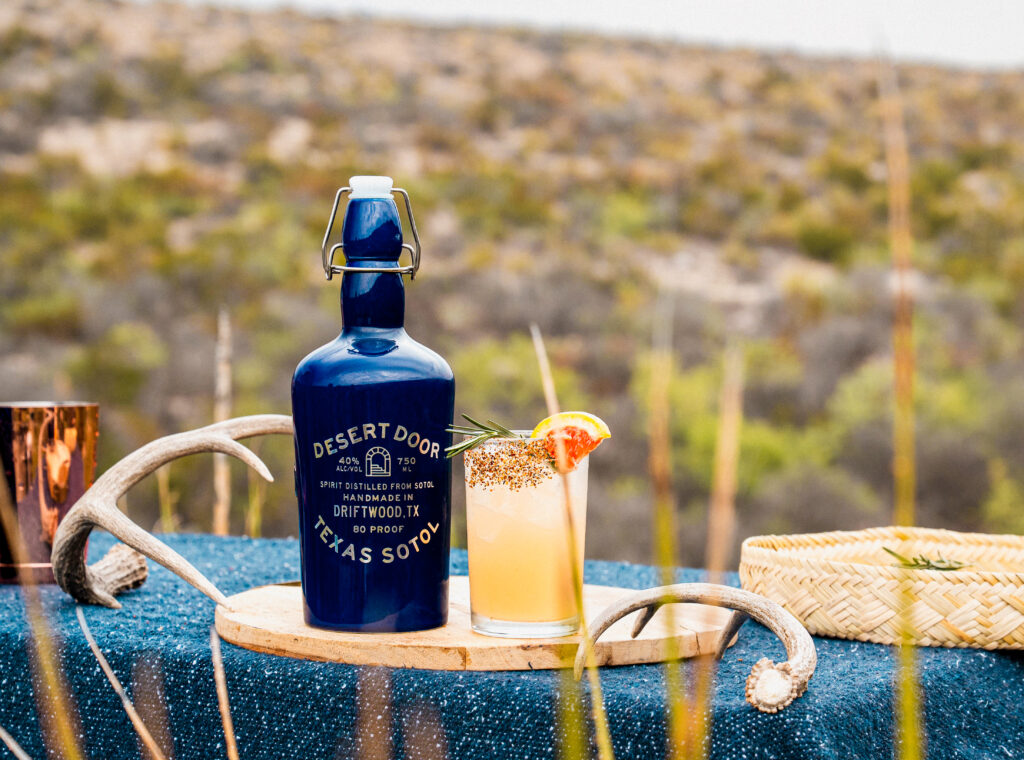 ‘Looby knows building a new category doesn’t happen overnight. “Back in my day, tequila was maybe 2% of the market. These things take many years to become established in the liquor industry. I believe that Sotol will leapfrog mezcal in global popularity within five years, and Desert Door will lead that.”
‘Looby knows building a new category doesn’t happen overnight. “Back in my day, tequila was maybe 2% of the market. These things take many years to become established in the liquor industry. I believe that Sotol will leapfrog mezcal in global popularity within five years, and Desert Door will lead that.”
But for Looby, sustainability means more than squeezing every drop from the desert spoon plant. Desert Door’s commitment to the land goes deeper, so much so that they built an entire nonprofit around it. “It’s called Wild Spirit Wild Places,” Looby explains. “My wife runs it. She was a retired educator, and now she’s all in on conservation.”
Wild Spirit Wild Places works directly with Texas landowners and ranchers on sustainable harvesting and land stewardship practices. The nonprofit also focuses on educating communities about ranching, water use, and preserving open wild spaces. “We got super connected to the land here and we started learning about the challenges ranchers had,” Looby says. “Clean rivers, clean beaches, the whole food supply chain, it’s all linked. So we asked: how can we be a better partner to this place we’re taking from?”
For Looby, therein lies the real legacy. “This is the work that truly matters,” he says. “We’re making spirits, sure, but we’re also trying to leave this land better than we found it.”
What started as a landing plan for a pilot became something bigger: a new chapter for an ancient spirit and the land it comes from. “Honestly,” he says, “unless you’re super passionate about it, just don’t do it. Spirits and beer are very challenging. But if you want a 10,000-year history lesson in your glass, that’s what we’re here for.”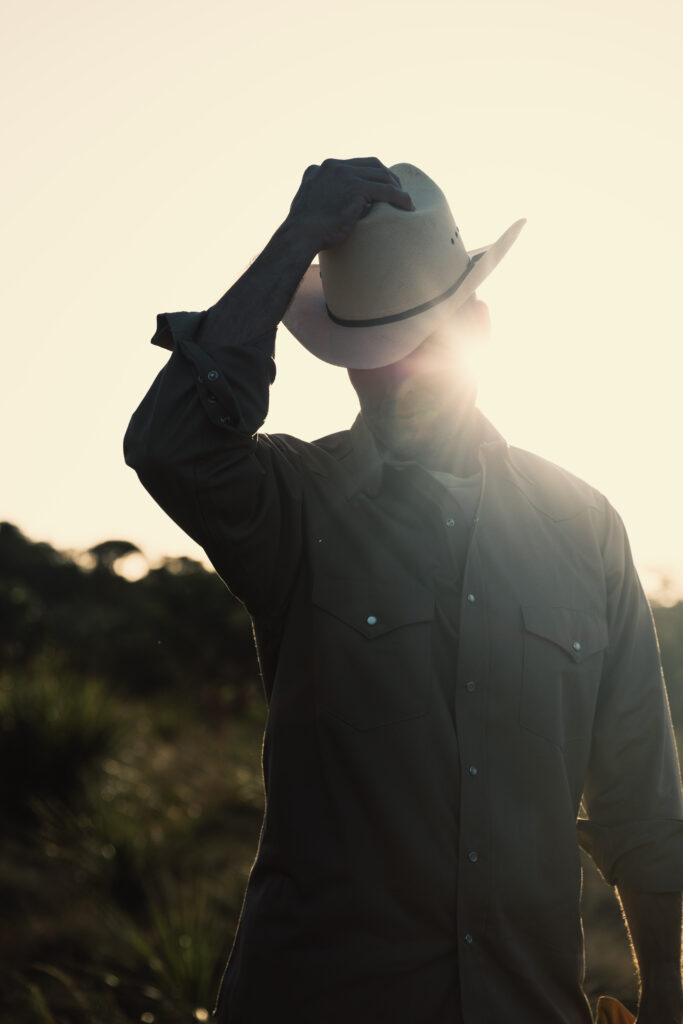
NEXT ON THE DISH

